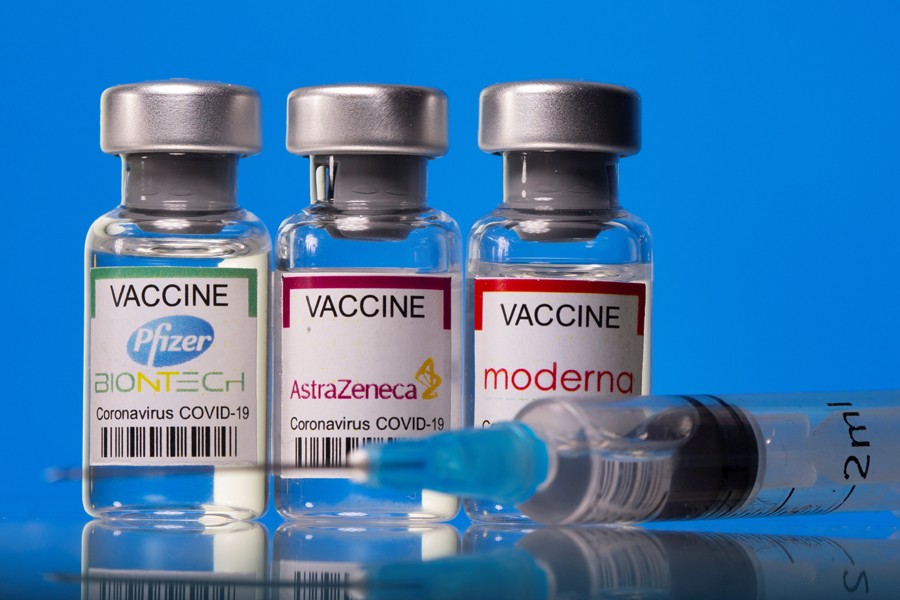The leaders of the world's 20 biggest economies should use a meeting this weekend in Rome to agree on how to transfer surplus Covid-19 vaccines to low-income countries, a group of former presidents and prime ministers said on Friday.
In a letter to Italian Prime Minister Mario Draghi, one hundred former leaders and government ministers from around the world urged him to use the G20 summit to address what they said was an unfair distribution of vaccines, reports Reuters.
The group said the United States, European Union, Britain and Canada would be stockpiling 240 million unused vaccines by the end of the month, which these nations' military could immediately airlift to countries in greater need.
By the end of February a total of 1.1 billion surplus vaccines could be transferred, it said.
"It would be unethical for all these vaccines to be wasted when globally there are 10,000 deaths from COVID-19 every day, many of which could be averted," said the letter, whose signatories include former UN Secretary General Ban Ki-moon, former British Prime Minister Gordon Brown and former Brazilian President Fernando Cardoso.
The group said the World Health Organization's aim for 40 per cent of the world's population to be vaccinated by the end of the year could only be met if the G20 made a joint decision to order an emergency transfer of their excess vaccine supplies.
"Vaccine inequality also constitutes a threat to us all," it said. "We are all not safe until everyone is safe. Without urgent and widespread vaccination, variants will continue to arise in unvaccinated regions, and may well spread from there to challenge the vaccine protection achieved hitherto in more vaccinated countries."


